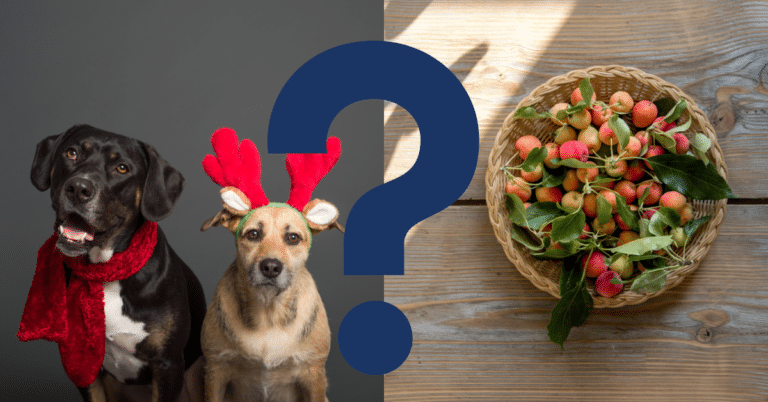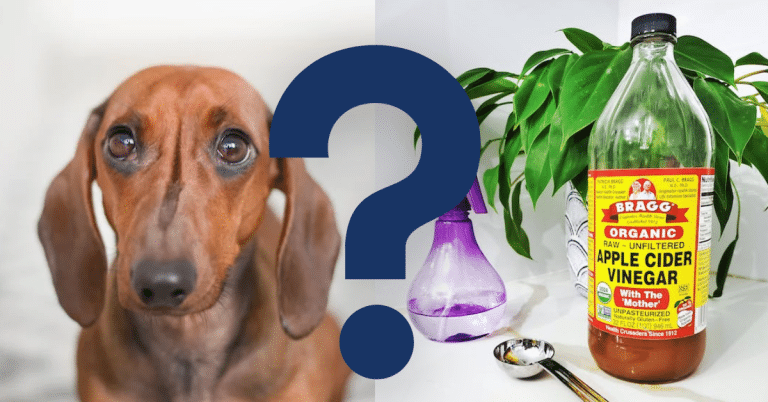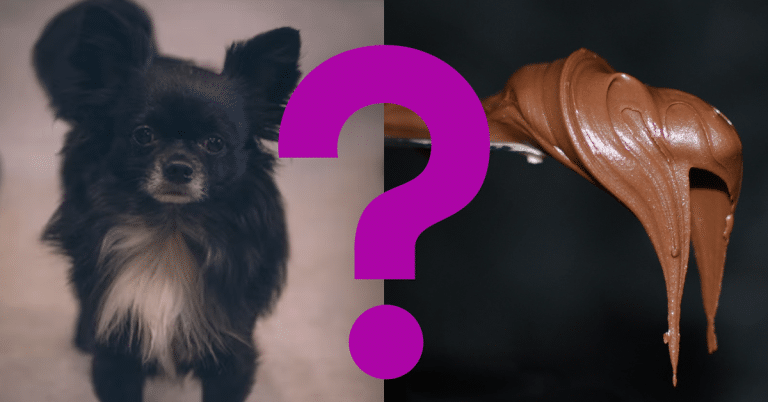Can Dogs Eat Spaghetti? A Vet’s Opinion

Spaghetti is a long, thin pasta originating in Italy. It is often served with tomato sauce and meatballs. But can you feed spaghetti to your dog?
While dogs can eat spaghetti, it’s not recommended as a regular part of their diet. Dogs have different nutritional needs than humans, and spaghetti isn’t the most nutrient-dense food. Many spaghetti dishes contain ingredients such as garlic and onion. These ingredients can harm dogs. Always consult your veterinarian before making significant changes to your dog’s diet.
Let’s dive in:
Benefits Of Spaghetti For Dogs
While spaghetti can benefit humans, little scientific evidence suggests it may benefit dogs. Dogs need a diet high in protein, healthy fats, and essential vitamins and minerals. They can be found in food formulated for their specific nutritional needs. While spaghetti does contain some carbohydrates and a small amount of protein, it’s not the most nutrient-dense food for dogs. But spaghetti may have some potential benefits. Some of the benefits are:
- It may provide some carbohydrates and a small amount of protein. Carbohydrates are a source of energy for dogs, as they are for humans. While dogs are carnivores and can get their energy from protein and fats, they still need carbs to maintain good health. Protein is essential for dogs because it provides the building blocks for tissues, muscles, and organs.
- It may be a fun and tasty treat for your dog to enjoy in moderation. Fun and tasty treats can be important for dogs because they provide mental and emotional stimulation. This can help prevent boredom and reduce stress. Dogs are social animals and enjoy spending time with their owners, so offering them treats can be a way to strengthen the bond between dog and owner. The treat can also be used for positive reinforcement for training and good behavior.
- Depending on the ingredients, it may provide specific beneficial vitamins and minerals for dogs. Minerals and vitamins are essential for dogs because they help support bodily functions, maintain good health, and prevent certain diseases.
Moreover, feeding spaghetti to your dog can also carry several risks. Some of the potential risks include the following:
- Many spaghetti sauces contain ingredients that are toxic to dogs, such as garlic, onions, and tomatoes. These ingredients can cause anemia, gastrointestinal upset, and other health problems.
- Dogs may have difficulty digesting spaghetti, especially if it contains a lot of carbohydrates or is high in fat. This can lead to stomach upset, diarrhea, and other digestive problems.
- Spaghetti noodles can be long and thin, posing a choking hazard for dogs, especially those who quickly gulp their food.
- Spaghetti is not a nutritionally complete food for dogs, and feeding it to your dog regularly could lead to nutritional imbalances and deficiencies over time.
- Spaghetti is high in carbohydrates and calories, and feeding it to your dog in excess could lead to weight gain and obesity.

How To Safely Give Spaghetti To Dogs
- Keep it plain: Plain-cooked spaghetti without sauces or toppings is safe for dogs to eat in small amounts. Be sure to cook the spaghetti until it’s soft and fully cooked to make it easier for your dog to digest.
- Portion control: Spaghetti is high in carbohydrates and calories, so feeding it to your dog in small amounts is essential. A few bites or noodles as an occasional treat is usually fine, but feeding your dog a significant portion could lead to digestive upset, weight gain, or other health problems.
- Check for allergies: Dogs can be allergic to certain ingredients in spaghetti, such as wheat or gluten. If your dog has a history of food allergies or sensitivities, it’s best to avoid feeding them spaghetti.
- Avoid toxic ingredients: Many spaghetti sauces contain ingredients that are toxic to dogs, such as garlic and onions. Be sure to check the ingredients list before feeding your dog any spaghetti sauce, and avoid any sauces that contain these ingredients.
- Consult your veterinarian: If you’re unsure whether spaghetti is a safe and appropriate treat for your dog, it’s always best to consult your veterinarian. They can provide guidance on your dog’s specific nutritional needs and offer advice on safe and healthy treat options.
Will Spaghetti Make A Dog Sick?
Spaghetti can make a dog sick, especially if it’s cooked with sauces or ingredients that are toxic to dogs. Some dogs may also have difficulty digesting spaghetti or may be allergic or toxic to certain ingredients in the pasta. Feeding your dog spaghetti in large amounts or regularly could lead to digestive upset, obesity, or nutritional imbalances.
Can Dogs Eat Spaghetti Variations?
Dogs can eat some variations of spaghetti, but it’s essential to keep in mind that spaghetti dishes often contain ingredients that may be harmful or toxic to dogs. For example, spaghetti dishes with tomato-based sauces, garlic, or onions can cause gastrointestinal upset in dogs.
If you want to feed your dog spaghetti variations, it’s best to stick to plain cooked noodles without any sauces or seasonings. You can also add some plain, cooked meat, such as chicken or beef, to the spaghetti as a source of protein.
It’s always important to check the ingredients of any spaghetti dish before feeding it to your dog to ensure that it’s safe and doesn’t contain harmful ingredients.

Vet’s Summary
Although dogs can eat spaghetti in small amounts, it is not recommended as a regular part of their diet. This is due to its nutritional value and potential health risks. Spaghetti sauces often contain ingredients that are toxic to dogs. Moreover, dogs may have difficulty digesting spaghetti. This leads to stomach upset and other digestive problems. You should feed plain cooked spaghetti without sauces or toppings, in small amounts, and with portion control. Also, check for allergies, and consult a veterinarian to determine if spaghetti is safe for your dog. In conclusion, feeding dogs spaghetti is possible, but one must be mindful of the ingredients and potential health risks. It also helps to provide your dog with probiotic supplements, which are microorganisms that can provide health benefits when consumed.
Videos To Watch
If you are wondering what happens when a dog is left alone with a plate of spaghetti, watch this:
And if you want to know if a dog can eat ramen noodles, watch this:






